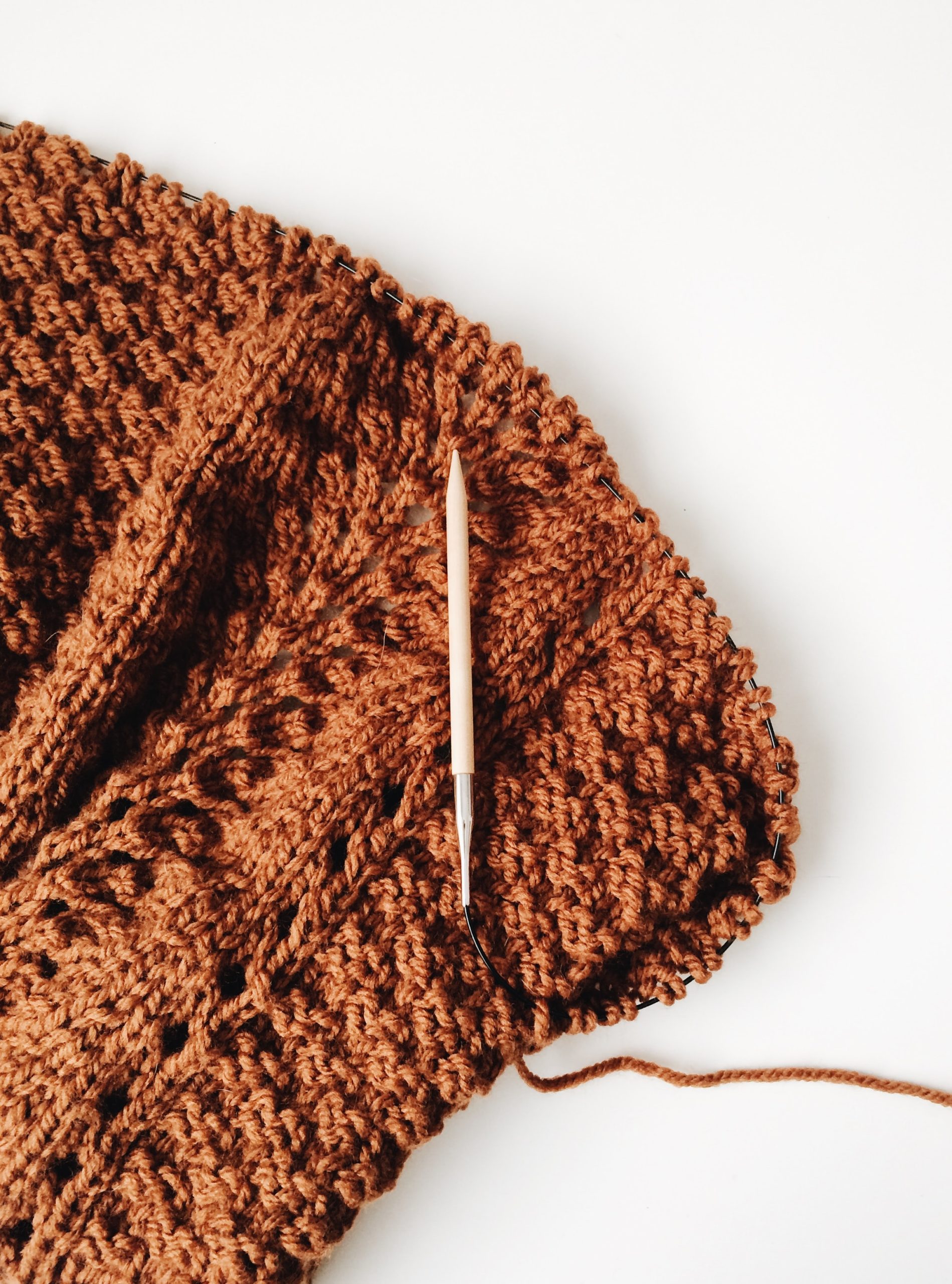“The Tone-Up” amplifies the voices of Muslim women who have something exclusive about Muslim women to talk or rant about. In this instalment, Hauwa Saleh reflects on the politics of silence as portrayed in Kim Ji Young, the movie.
If anyone asked me what the theme for Kim Ji Young, Born 92 was, I would say “silence”.
When I first learned about this ‘feminist’ movie coming out of South Korea, I was ecstatic. After years of watching movies, reading books and meeting other women on social media, I have come to learn that the misogyny in my country is not just a domestic issue; that patriarchy all over the world has a way of taking our existence and moulding it to whatever form it pleases. And that the things I complain about as a Nigerian woman is what a Kim Ji young or a Salma or a Charlotte is complaining about in another part of the world.
What the Movie is About
The controversy around this movie made it more appealing to me, I knew that whatever it was about, it had to be great. I knew this especially because it made Korean men foam at the mouth. I remember being overly amused when I learned that some Korean guys had broken up with their girlfriends after they went to see the movie. A celebrity also had her merchandise burned by male fans because she had read the book from which the movie was adapted.
What I didn’t expect was the way it affected me. Watching the movie, my heart bled so much. And no, Kim Ji Young was not a story about a woman saving an entire village from Female Genital Mutilation or starting a revolution to dismantle the patriarchy. Kim Ji Young was about a woman existing in a sexist world that succeeded in breaking her till she became a shell of herself. Silence is considered a woman’s adornment in a lot of cultures. It is expected that women adopt the “virtue” of silence in every situation, even when they are dying. Women who talk about their experiences are written off as hysterical, loud and un-womanly.
Kim Ji Young tells of the everyday misogyny and sexism women face; ones that have become so common and normalized. Kim Ji Young’s life was supposedly a good one, perhaps one that many people will envy. She had a good, caring, kind and considerate husband; a good family background and a baby girl she adored. However, in one of the first scenes in the movie, we see her taking a stroll to the park with a cup of coffee in hand, but that little moment of self-love is short-lived when some guys make a passing joke, wishing that ‘they could also enjoy coffee with the hard-earned money that their husbands hand to them’; a comment which reeked of ignorance and judgement, typical of the way people are quick to assume things about us without knowing who we are or what our lives are about.
The Complicity of Religious Scholars
A few days before I watched the movie, I scrolled through the status updates on my WhatsApp and noticed that a guy had posted a video of an Islamic lecture delivered by a Nigerian Scholar whom I had never come across. In that lecture, the scholar told the story of a woman who was married to a poor man for many years. After living with him through thick and thin, he married another woman and deserted her. Rather than call out this disgusting act, the scholar chose to praise the woman for her “virtue” of silence. He called her a woman of paradise because not only did she not take a stand against the injustice meted out to her, she also never complained about it. He further celebrated the fact that she welcomed her husband with open arms when he eventually returned to her. To cap it all, the guy who posted the video captioned it with a prayer, asking God to grant him such a virtuous wife.
I can’t explain how I felt after watching that video. At the end of the day, all I did was rant about it to a friend. Stories like this are considered normal in most cultures. Pictures of women who are overburdened with a thousand duties are circulated in Muslim circles. We have all seen that picture of a woman who carries a child on her back and another hanging down her chest while the husband relaxes on a chair. But what is most heart-rending is the fact that pictures like that come with captions along the lines of ‘wonder woman‘ or ‘women are heroes‘ or worse, a prayer asking God to grant men spouses as such.
I wish I could tell you that a lot of religious scholars who are supposed to protect the interest of Muslim women in our communities do not encourage this narrative. I wish I could tell you that they preach against the suffering of women and tell us that we do not have to endure injustice to prove our womanhood. I wish I could tell you that our scholars reinforce the fact that Allah gave us rights which should be respected and honoured and that we do not have to break our backs to be seen as ‘good daughters‘ and ‘good wives’. But if wishes were horses, beggars would ride.
Not All Men?
One of the most valuable lessons I learned from watching this movie is the complicity of all men in oppressive cultures. Looking at Kim Ji Young’s husband, we can all agree that he is a good man. He wanted to save her from being overworked by his family (which is expected of daughters-in-law) during the holidays and suggested instead that they go for a vacation somewhere else. We see him rushing home to bath their daughter just so she could have less work. We also see him doing the dishes during the vacation. We saw the way he looked sad and helpless when she was overworked.
Despite all that, we saw him being friends with a man of questionable character; a man who was known for his predatory behaviour. There was a scene where they both attended a seminar on the ills of sexual harassment and we saw him smiling at his friend’s really problematic jokes. We also saw him not standing up for his wife against his family and telling his problematic mother about a mental illness which his wife wasn’t aware that she had.
The complicity of all men is also depicted in a flashback scene where the men in her office realised that there were some secret cameras in some of the female toilets, planted in there to be used by porn sites. Upon discovering this, the men didn’t inform their female colleagues. Instead, they shared it amongst themselves and kept quiet about this gross violation. If someone had confronted them, they would have defensively proclaimed their innocence, hammering on the fact that they were good men and would never do such things, but they saw it happen and did nothing. So, it is possible for a man to be a ‘good man’ but still contribute to the things that break women around him.
The Beauty of the Feminine Alliance
The movie portrayed the support that women give one another. We saw the way women “silently” supported each other, and as much as society wants us to believe that ‘we are one another’s greatest enemies’, we know that at the end of the day, it is women who actually stand up for one another. In one of the flashbacks, there was a scene where a younger Kim Ji Young was stalked by a boy, and an older woman went out of her way to help her out of the situation. When her father arrived and learned about what happened, he blamed her, making no mention of the boy who stalked her.
We see this strong female alliance in the scene where a woman who had returned to work after giving birth was centred in a discussion at work. She had left her newborn baby in the care of her mother just so she could return to work. But somehow, the men at her workplace gave credit to her husband whom they didn’t even know for ‘letting her come back to work’. One of the female workers pointed out that it was the woman who gave birth and it was her mother who is taking care of the child, yet the one receiving praise was her husband.
Acknowledging Silent Battles
The women in the movie bonded over their shared pain. There was Kim Ji young’s mother who had to sacrifice her dreams and education so that her brothers could go to school; there was the female superior at work who never got the promotion she deserved even though she worked so hard and was one of the best; There were Kim Ji Young and her sister who had to watch their father display favouritism between them and their brother.
The most important lesson I learned was the fact that women don’t have to do major things like save a nation or participate in politics to have their battles acknowledged. We are all Kim Ji Youngs; faceless young women, battling daily misogyny in our lives from our houses to our schools and our workplaces. I have normalized things I shouldn’t have; I have stayed silent till it felt like the weight of the world was going to crush me. I have mistaken this silence for ‘sabr’ and I had once believed religious teachers who told me that I had to suffer in order to be seen as a ‘good woman’.
I used to believe that a woman is strong only when she fights battles others can see but the women around me are all warriors: the woman who never went to school, the woman who never attended a protest, the woman who never worked, the woman who just drifted through life trying to remain sane in a sexist society and it doesn’t make their battles any less valid than mine.
Sometimes all it takes to fully acknowledge what you may already know is to take a glimpse at someone else’s life. We are never alone and human beings are too complex to be one thing and only one thing. We are all struggling in our own ways and maybe the only way we can get through this is by standing up for ourselves and for one another.




